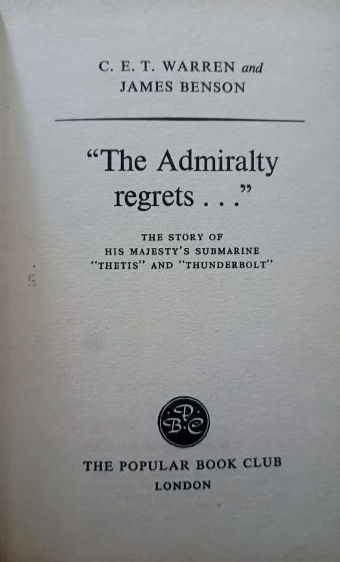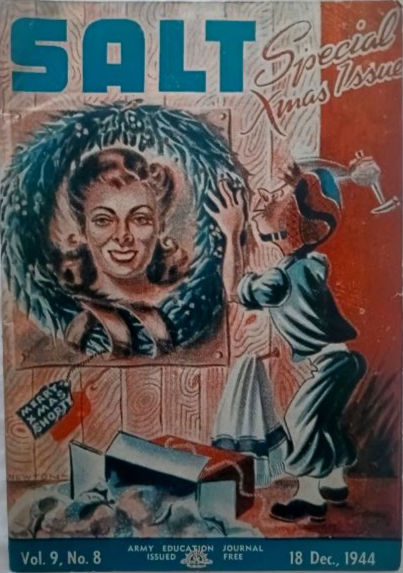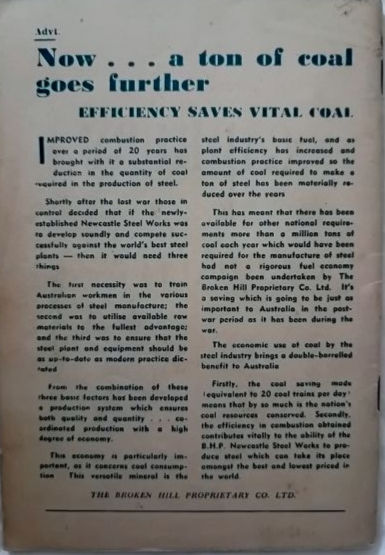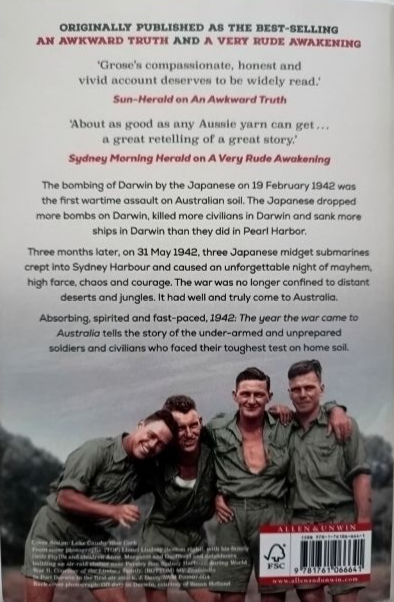Monstrous Regiment: The Story Of The Women Of The First World War (1965) By David Mitchell
An examination of a different aspect of WWI, the story of various women who helped the Allied war effort. Mitchell covers nurses, munitions workers, miltary women, titled women and politicians. He includes the suffrage movement as well. Written by a English historian from the British perspective.
Women in World War I were mobilized in unprecedented numbers on all sides. The vast majority of these women were drafted into the civilian work force to replace conscripted men or work in greatly expanded munitions factories. Thousands served in the military in support roles, e.g. as nurses, but in Russia some saw combat as well.
Propaganda, in the form of visual posters to entice women to join the factory industry in World War I, did not represent the dangerous aspects of female wartime labour conditions. The posters failed to represent an accurate account of reality by creating a satisfactory appeal for women who joined the workforce and did their part in the war.
Designed for women to persuade their men to join the armed forces, one propaganda poster is a romantic setting as the women look out an open window into nature as the soldiers march off to war. The poster possesses a sentimental and romantic appeal when the reality of the situation was that many women endured extreme hardships when their husbands enlisted. It was this narrative of a false reality conveyed in the visual propaganda that aimed to motivate war effort.
The Edwardian social construction of gender was that women should be passive and emotional, and have moral virtue and domestic responsibility. Men on the other hand were expected to be active and intelligent, and to provide for their families. It was this idea of gender roles that poster propaganda aimed to reverse. In one war propaganda poster, titled These Women Are Doing Their Bit, a woman is represented as making a sacrifice by joining the munitions industry while the men are at the front. The woman in this particular persuasive poster is depicted as cheerful and beautiful, ensuring that her patriotic duty will not reduce her femininity. The persuasive images of idealized female figures and idyllic settings were designed to solicit female involvement in the war and greatly influenced the idea of appropriate feminine behavior in the wartime Britain.
- Hard Cover with Dust Jacket
- 400 Pages
- In Good Condition
































